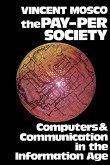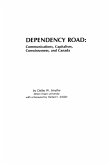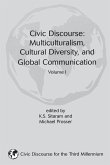In this book, Cuban scholar, journalist and author Gonzalez-Manet demystifies the information age. With his unique vision on technology, global politics, and social change, he provides readers with a critical analysis of new communications technologies and their largely unavoidable consequences. Whether the dazzling array of high-tech hardware and software are to benefit humanity or serve the needs of transnational corporations depends upon the social character of their application and the adoption of coherent policies concerning communications, culture and education. The author forcefully argues that much of the Third World lacks such policies and the results are devastating. Among other areas of exploration, he outlines the major characteristics of informatics in an age of global markets and transnational networks and, in the process, reflects on the politics of data flows, cultural integrity, and national sovereignty. Special attention is paid to the impact of computers on teaching and learning, as well as related trends in worldwide publishing. Several chapters focus specifically on Cuba's policies with regard to new communications technologies such as video and trends in Cuban film. This book builds on the author's previous work, expands the scope of reflection, and provides the reader with a lucid Third World perspective enriched by the urgency of the analysis and the substantial documentation of the argument.
Hinweis: Dieser Artikel kann nur an eine deutsche Lieferadresse ausgeliefert werden.
Hinweis: Dieser Artikel kann nur an eine deutsche Lieferadresse ausgeliefert werden.








